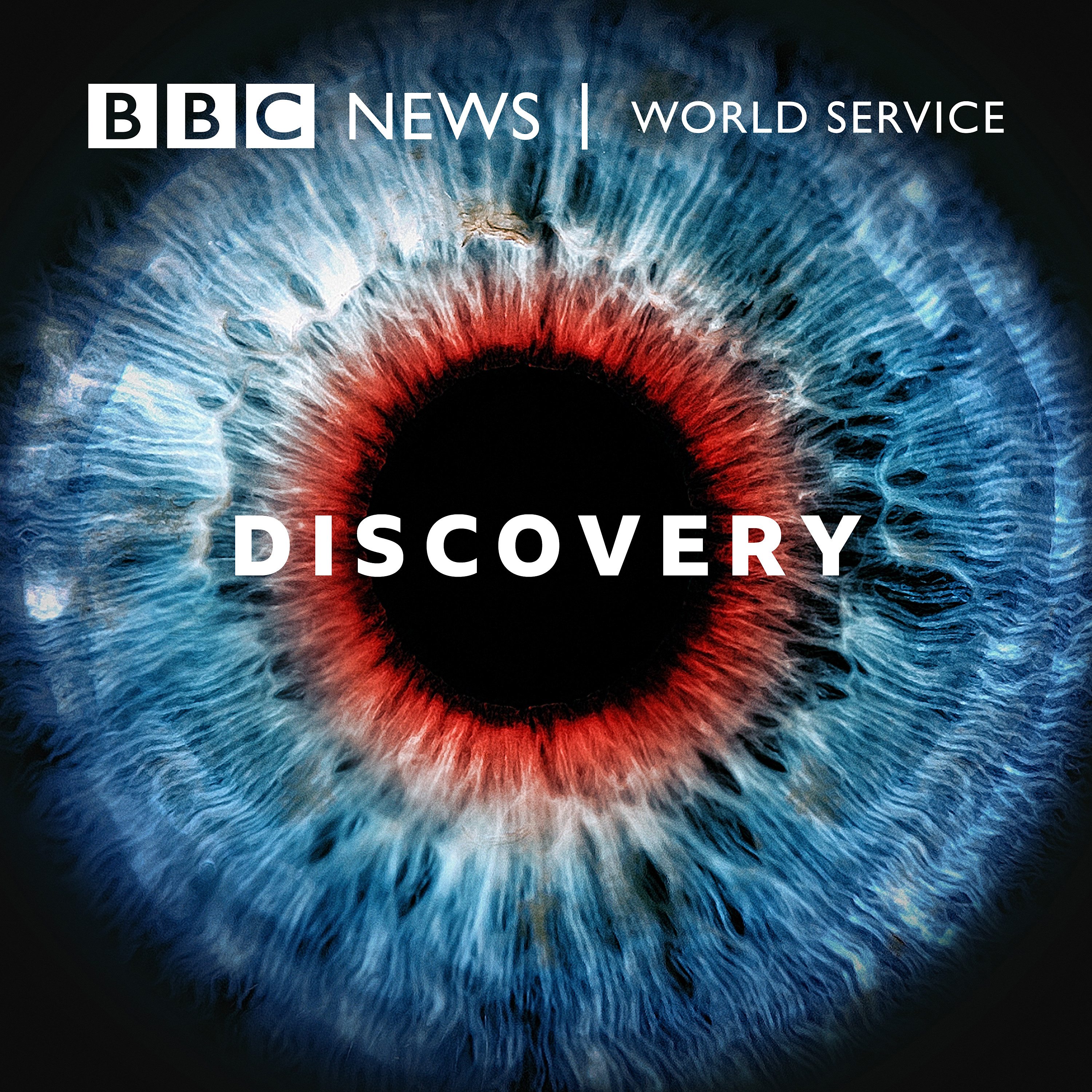
Discovery
Sep 20, 2021
President Xi Jinping is investing seriously into his strategic vision of turning China into a nation of scientific pace-setters. China’s past contributions to modern science have been proportionally lacklustre, but with a reinvigorated focus over the past two decades, China is fast turning from imitator to innovator. What might this increasing scientific prowess mean for the future of China’s development, as well as for the international scientific community?
Whereas once many Chinese scientists chose to go abroad to further their careers, presenter Dr Kevin Fong hears how the government has sought to lure its brightest researchers back. He asks what that means for both scientific collaborations and the culture of science in China and the UK. As scientific research relies on transparent information sharing, what are the challenges of collaborating with an authoritarian regime?
In this first episode, Kevin Fong hears how Chinese science has advanced over recent decades following a low point during the Chinese cultural revolution. He speaks to a Chinese bio-chemist about his career in the US and finds out why he decided to move back to China to start a biotech business. At Loughborough University, Kevin meets a team of researchers working on Artificial Intelligence tools with Chinese counterparts, to help monitor and predict air pollution.
But are Western countries equal partners and beneficiaries of these academic partnerships? As China is set to become the UK’s most significant research partner, at a time of rising geopolitical tensions, we examine how the UK might navigate these choppy waters and what the risks and benefits of scientific collaboration might be.
(Photo: Chinese scientist at work, Credit: Guang Niu/Getty Images)

